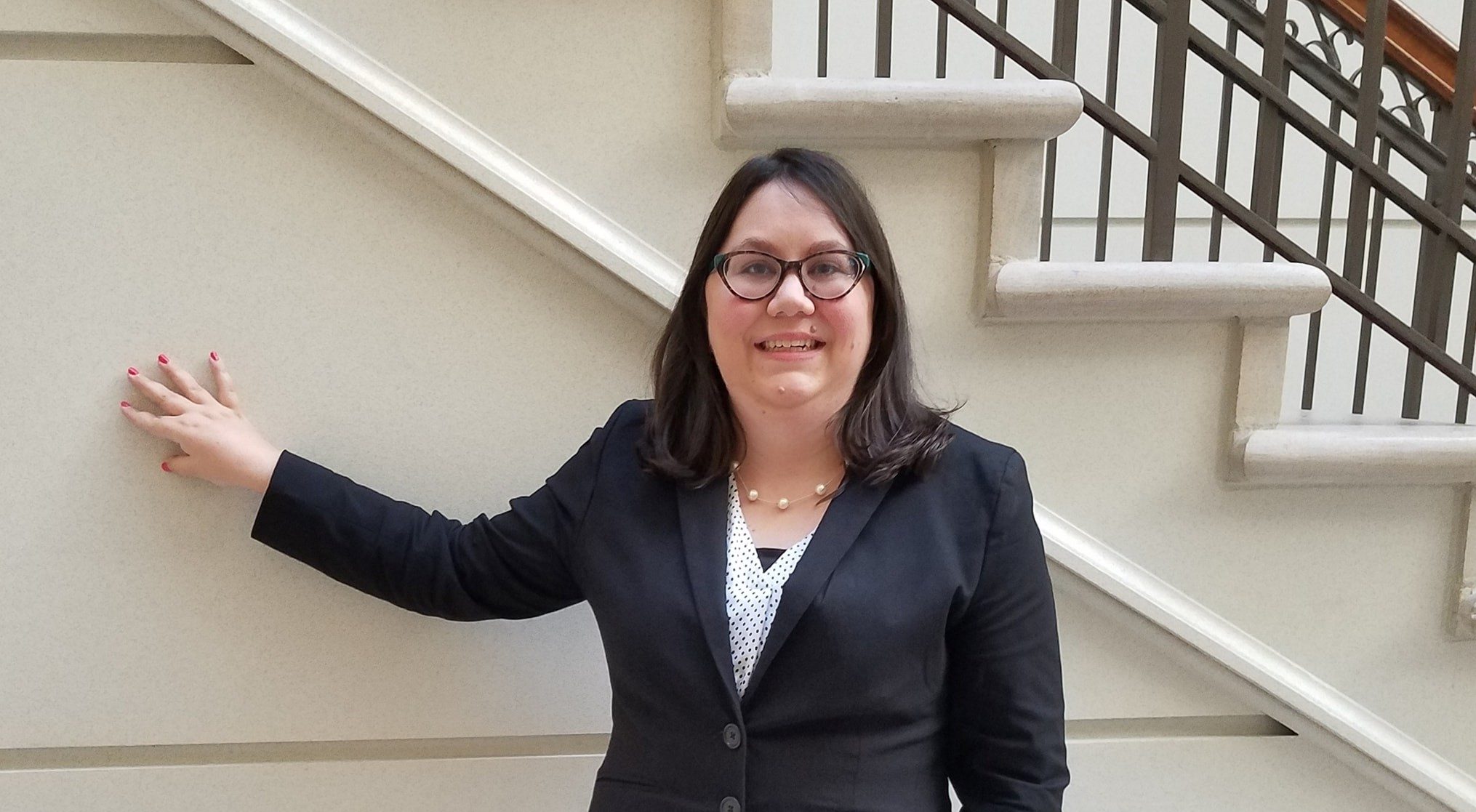Post by: Taylor Wise

My name is Taylor Wise and I am a 2L student here at Regent University School of Law. I am grateful to have the opportunity to serve on the student staff for the Center for Global Justice. This past semester through the Center, I worked on a project for Shared Hope International that supported their efforts in combating human trafficking in the United States through reforming state laws. Our research focused on protections for transition age youth, which are individuals between 18 and 24 years of age.
A number of states have adopted what have become known as “Raise the Age” laws that raise the age an individual may remain under the jurisdiction of the juvenile court. For example, many states have begun extending juvenile court jurisdiction to those who are 18 years of age, when previously it was only extended up to the age of 16 or 17. There are exceptions in some states for certain violent offenses, such as murder. In these cases the prosecution may have the case transferred from juvenile court. These laws make the difference between a juvenile charged with an offense being tried in a juvenile or adult court.
These “Raise the Age” laws recognize the developmental differences between juveniles and adults. These laws recognize that juveniles still have an opportunity to change the trajectory of their lives. The juvenile justice system focuses more on rehabilitation than punishment. By allowing a juvenile to remain in juvenile court they are more likely to not become re-offenders and to receive the guidance and services that they need.
This post was written by a Center for Global Justice student staff member. The views expressed in this post do not necessarily reflect those of Regent University, Regent Law School, or the Center for Global Justice.

